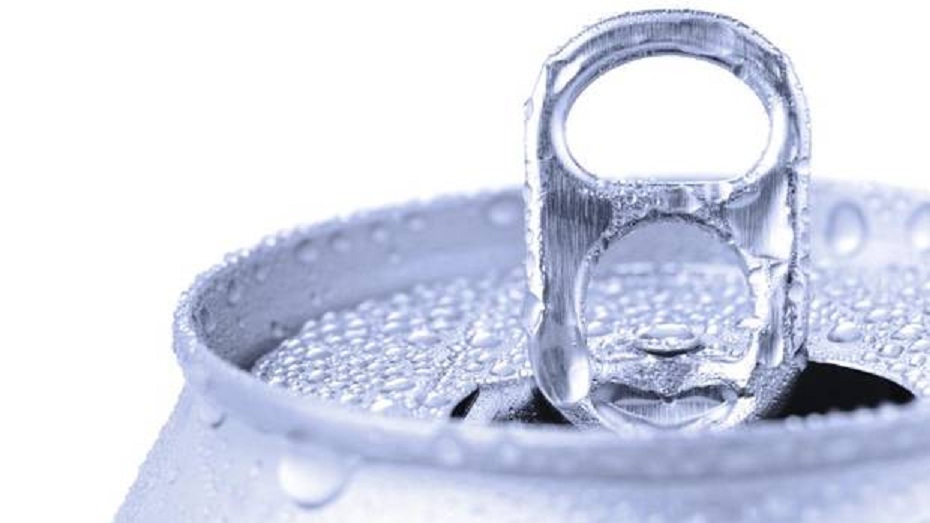Big Gaps in Toxicity Testing for Vaccine Safety

The phrase “vaccines are safe and effective” suggests that the use of small amounts of toxic ingredients in vaccines such as aluminum, mercury, formaldehyde, polysorbate 80, and other substances have been tested for safety and proven to be safe when injected, ingested or otherwise introduced into the human body.
New Human Fetal Cell Line Available for Vaccine Production

Since the 1960s, a number of vaccines have been manufactured using “human-diploid fibroblast cell cultures”—cells from tissue of aborted human fetuses.1 2 3 4 5 They include the following 11 vaccines listed on the Centers for Disease Control and Prevention’s (CDC) Vaccine Excipient & Media Summary table: Adenovirus; DTaP-IPV/Hib (Pentacel); DTaP-IPV (Quadracel); Hep A…
Group to Study Effect of Aluminum in Vaccines

An independent working committee called Factcare has been established in Denmark to begin a campaign to raise money to study the effect of aluminum in vaccines and to “restart the debate about vaccines”—specifically as it relates to the use of aluminum as an adjuvant in vaccines. As Factcare’s website states: “It is all about aluminium. It is about the fact that aluminium might be poisonous to the body. It is about the fact that it is not obligatory.”
Aluminum in Antiperspirants Linked to Cancer and to Brain Damage from Vaccines

In the 1990s, there was information published linking the use of antiperspirants, underarm shaving and an increased risk of breast cancer. The safety concerns were particularly focused on the use of aluminum-based compounds as the active ingredient in antiperspirants.
Ingredients in DTaP-IPV Vaccine Kinrix

Vaccine ingredients, their side effects and impact on human health have been a topic of debate and discussion for many years. While there has been a lot of publicity about the potential adverse effects of individual ingredients in vaccines, such as mercury and aluminum, it is also important…
Armyworms Used to Make Flublok Influenza Vaccine

There are three different influenza vaccine production technologies approved by the Food and Drug Administration (FDA) for use in the United States: the egg-based flu vaccine, the cell-based flu vaccine and the most recent recombinant flu vaccine. In January 2013, the FDA approved…
